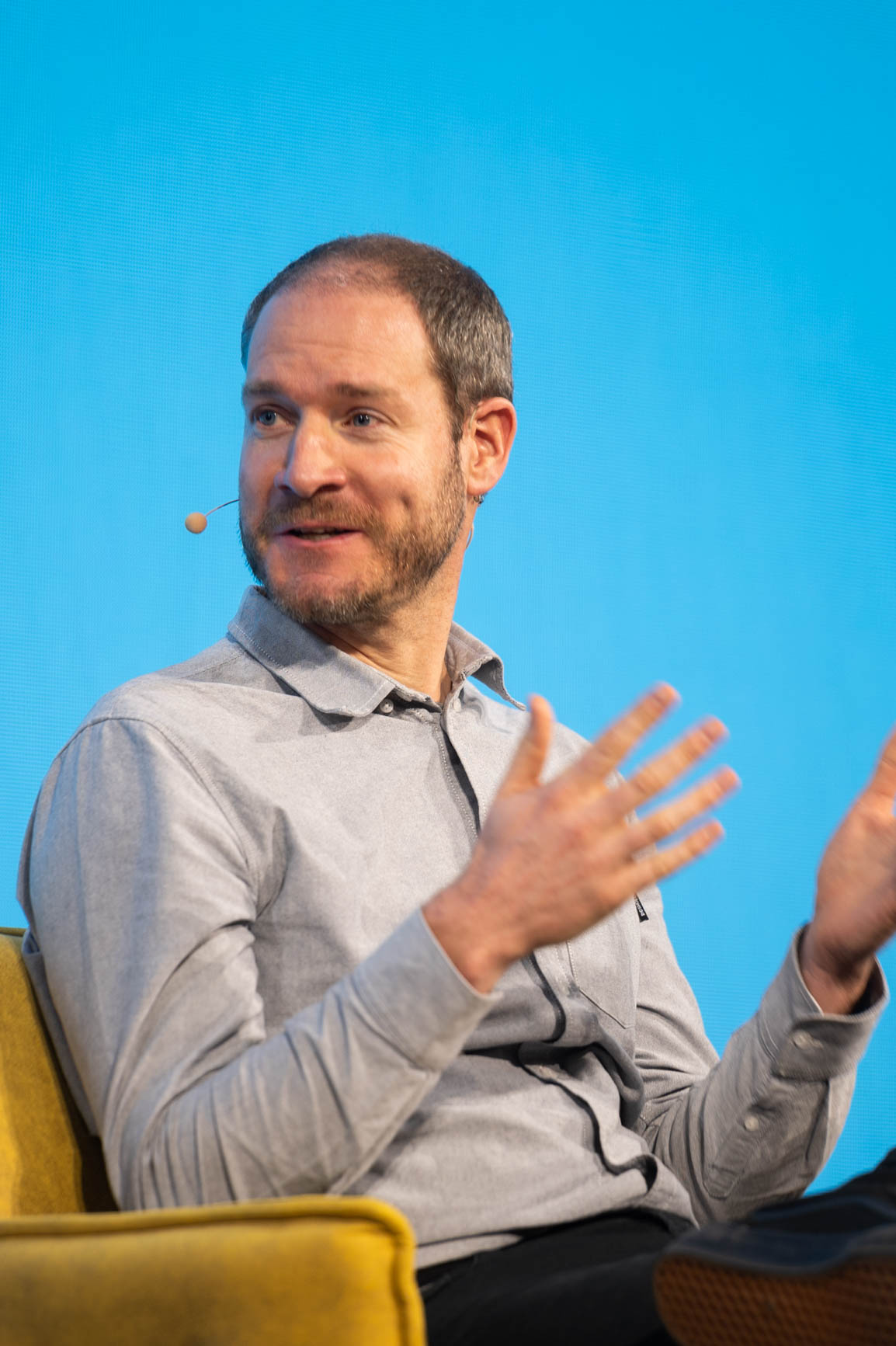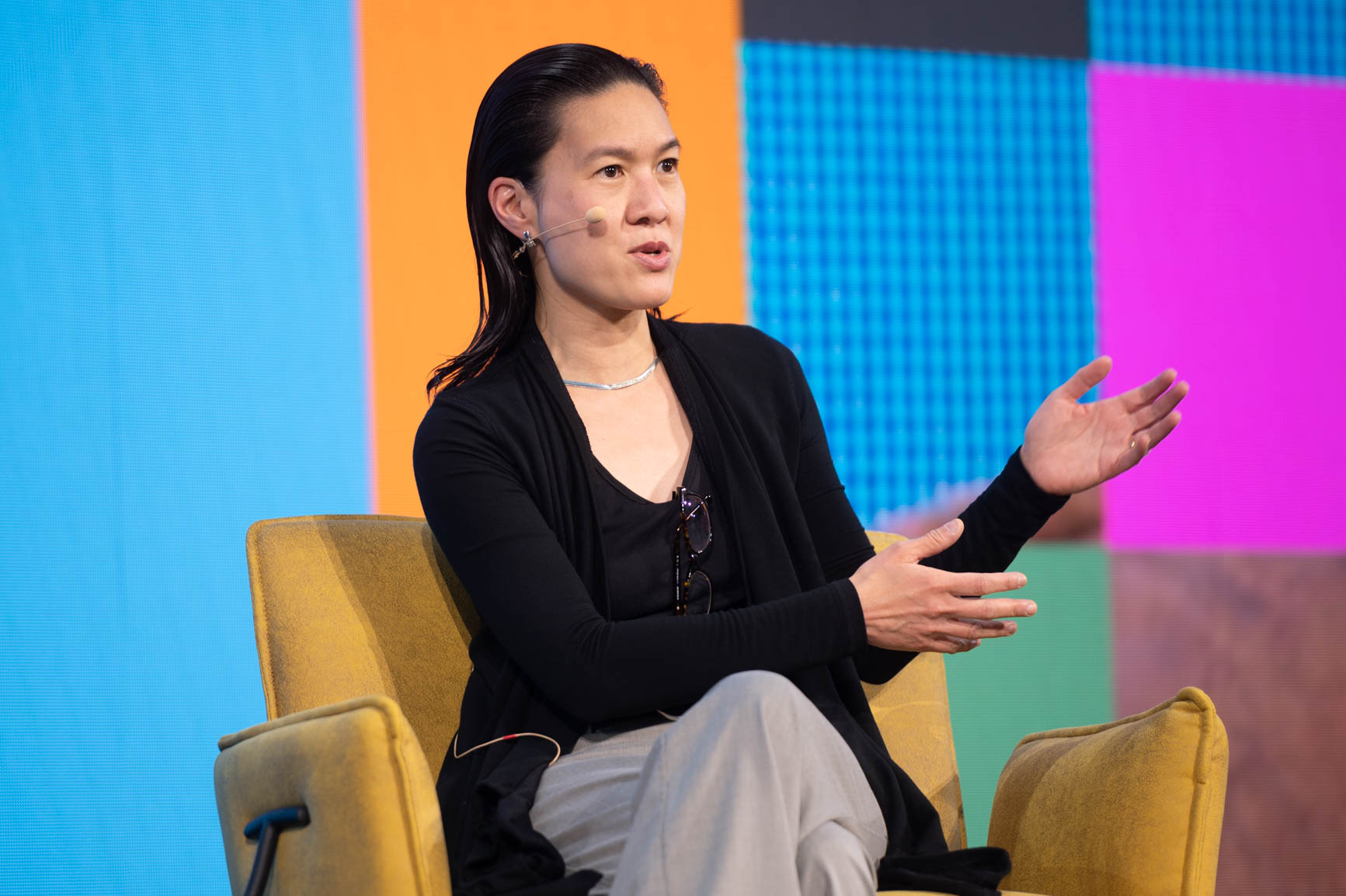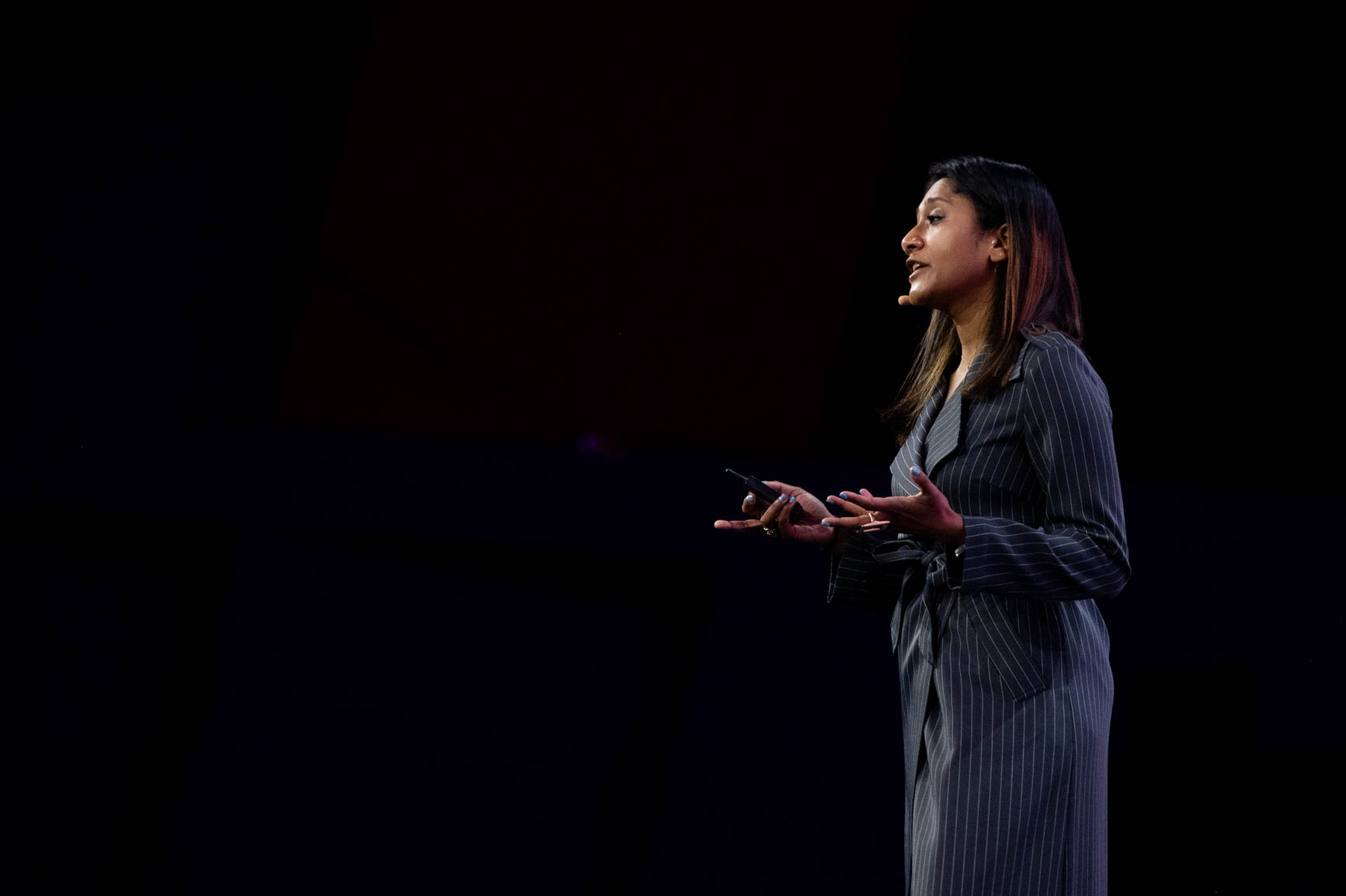Five steps the global agrifood industry must take to harness the opportunities of artificial intelligence
From accelerating the process of plant breeding and predicting shelf life of fresh produce to leveraging satellite imagery and data to develop a drought insurance policy - artificial intelligence (AI) is already at work in our agrifood supply chains.
But as use of this technology gains pace how do we ensure shared benefits and ethical use? The innovators and entrepreneurs at the forefront using this technology share their views.
1. Unlocking benefits by sharing data
Artificial Intelligence requires vast amounts of data, models wouldn’t be able to make predictions or extract useful information without learning from training data.
Dr Thijs van Leeuwen, Senior Director of Product, Planet, a company that operates the largest constellation of commercial Earth observation satellites. His work is in developing the next generation of data products leveraging satellite imagery and machine learning.
He describes the value of data-sharing as ‘connecting the dots’ for better application of technologies.
“We’ve got more data than ever, our capabilities to look at patterns and analyse data, and also use predictive analytics have never been better.
While Thijs said many companies own their own data and safeguard its exclusivity, he believes transparency is key to ethical AI development.

Dr Thijs van Leeuwen, Senior Director of Product, Planet, a company that operates the largest constellation of commercial Earth observation satellites, speaking at evokeAG. 2024 in Perth Western Australia. | Image: Mr.Wigley Photography
“What are the things we know? What are the things we don’t? We need to open our data and make sure that the scientific community is connected to it,” he said.
Food systems entrepreneur Abi Ramanan co-founded ImpactVision, an imaging and machine learning technology startup, acquired by Apeel Sciences in February 2020.
She advocates for a greater open-source community, and where possible, publishing not just datasets, but methodologies so that the research community develop together for greater societal benefits.
“Acquiring data is costly, maintaining data sets so that they deliver consistent results is laborious and such efforts shouldn’t be duplicated unnecessarily,” Abi said.
“There are some incredibly complex problems, such as how to transition to net-zero, and how to improve the productivity of the agricultural sector that cannot be solved by one player alone.”
2. Play to your strengths in a collaborative ecosystem
Ponsi Trivisvavet, CEO of the SEEDesign company Inari – which uses AI-powered predictive design and advanced multiplex gene editing to design nature-positive seeds – said collaboration is key when working to solve the critical issues of food security and sustainability.
“We believe that you need to work as an ecosystem to tackle these big challenges

Ponsi Trivisvavet, CEO of the SEEDesign company Inari
“At Inari, we’re good at applying AI, and we’re good at multiplex gene editing. Our collaborators – in the case of Australia, leading seed company InterGrain – really understand their farmers’ needs and the architecture of their crops. Working together, we can leverage each other’s strengths. That’s how we think about scaling up and maximizing our positive impact.”
RELATED: Turning data into better decision-making
3. Ensure equity of access
Nicolás Martelli, APAC Business Development Manager, ZoomAgri, a company using AI, Computer Vision, and the Internet of Things in agricultural quality assessment, believes one of the key risks in the development of AI technologies will be a lack of accessibility, creating winners and losers.
“Having AI platforms like Chat GPT that are easy to use and offered at a low cost or for free will play a crucial role in ensuring widespread adoption of this technology. Easy to use and affordability are key factors in democratizing access to AI, empowering individuals to leverage its potential for innovation and problem solving.” he said.

Nicolás Martelli, APAC Business Development Manager, ZoomAgri, a company using AI, Computer Vision, and the Internet of Things in agricultural quality assessment.
“As a company our business model revolves around Software as a Service (Saas), offering our hardware on a loan for use agreement we lower the barriers of entry giving small growers and big bulk handlers the same possibilities to access this technology.”
Thijs conceded that Big Tech is currently the biggest winner in the AI revolution.
“Let’s aim for ethical standards and where Big Tech is taking a leading position so we can make sure that everyone will benefit in in in the right way from all the advances that they are giving us.
“I think that is a challenge because when it comes to innovation and regulation there’s always a gap.”
4. Invest in the agrifood tech sector
“The agrifood industry is obviously low-margin high-volume, and it’s a relatively conservative industry and doesn’t always have the budget, appetite or means for investing in research and development in the way that other industries like pharmaceuticals do,” Abi said.
“It’s generally much harder for food tech startups to raise the required amount of funding to commercialise this technology at scale.”
In January 2024 Inari raised US $103 million in investment to further advance its SEEDesignTM platform.
Abi said the technology allows for much quicker gains in crop yield and resource-use efficiency than traditional methods of plant breeding, which will be critical in meeting challenges of global food security and climate change adaption.
She believes government investment in this space should be a higher priority.
“I would love to call for action around the world on how we are going to actually put food and climate change into the top of the agenda.
5. Bring the developing world with us
There’s also fear that investment in AI technologies is focusing on improving the productivity of row crops in the Global North, (Northern America, Europe, Israel, Japan, South Korea, Australia, and New Zealand) at the expense of developing countries.

Abi Ramanan at evokeAG. 2024 Image | Mr.Wigley Photography
Abi points out that there’s been very little technology developed to improve yields of crops like sorghum, cassava, and quinoa in the Global South, (Africa, Latin America and the Caribbean, Asia and Oceania).
“We have to also take a global perspective and make sure that the development of these technologies includes crops that billions of people outside of the Global North depend on,” she said.
Abi said there needs to be public funding for building datasets that can improve yields and productivity in those crops and regions where there isn’t private capital for start-ups.
Nicolás Martelli, APAC Business Development Manager, ZoomAgri; Ponsi Trivisvavet CEO, Inari; Abi Ramanan Food Systems Entrepreneur; and Dr Thijs van Leeuwen Senior Director of Product, Planet were part of a powerhouse panel in discussion, ‘The great balancing act: AI, the possibilities, and the responsibilities’ at evokeAG. 2024. The session was facilitated by Nina Schick, Founder, Tamang Ventures.
You can also tap into more articles about the technology advancing agrifood supply chains, along with updates ahead of evokeAG.2025 in Brisbane, Queensland. Subscribe to our monthly newsletter here.
